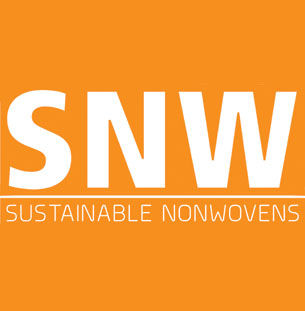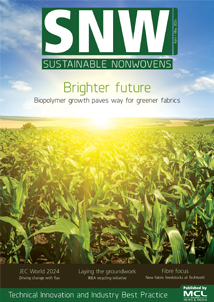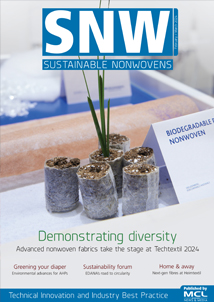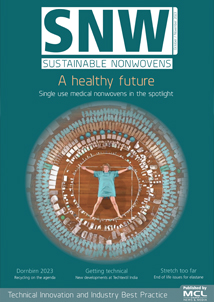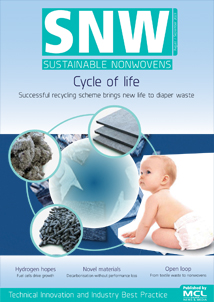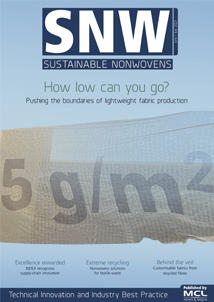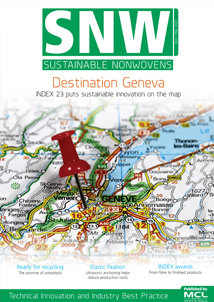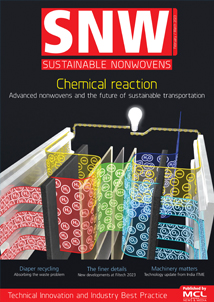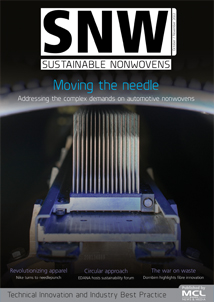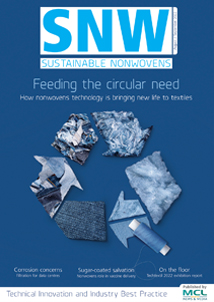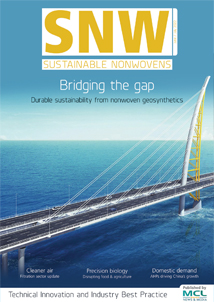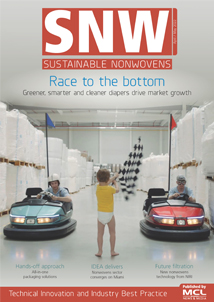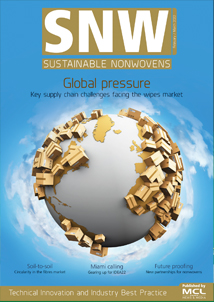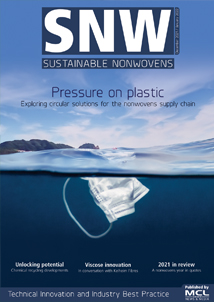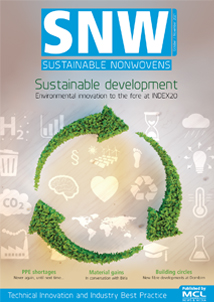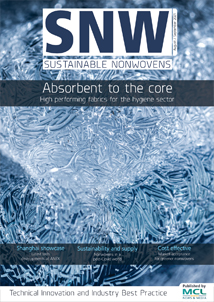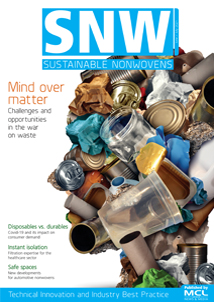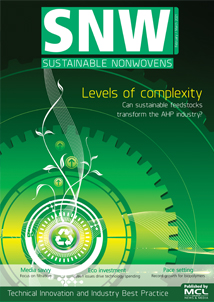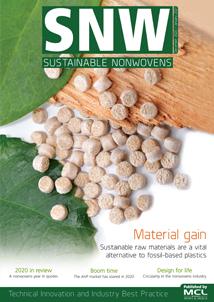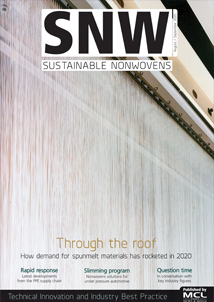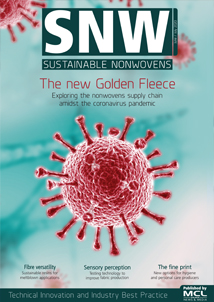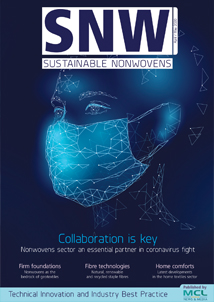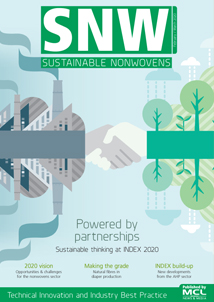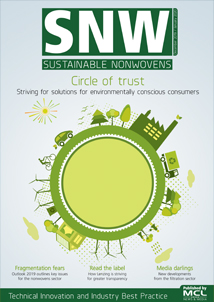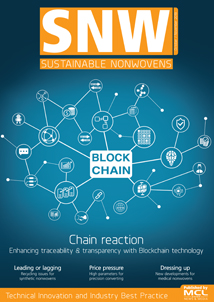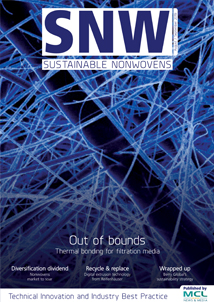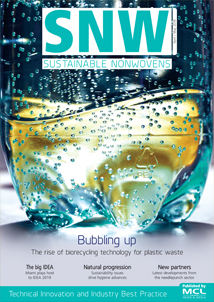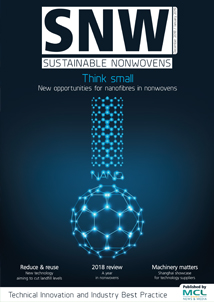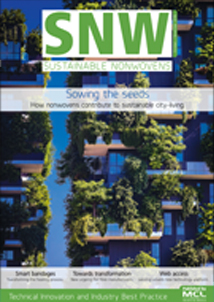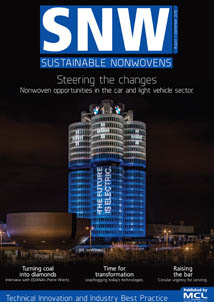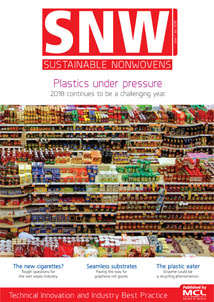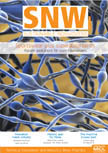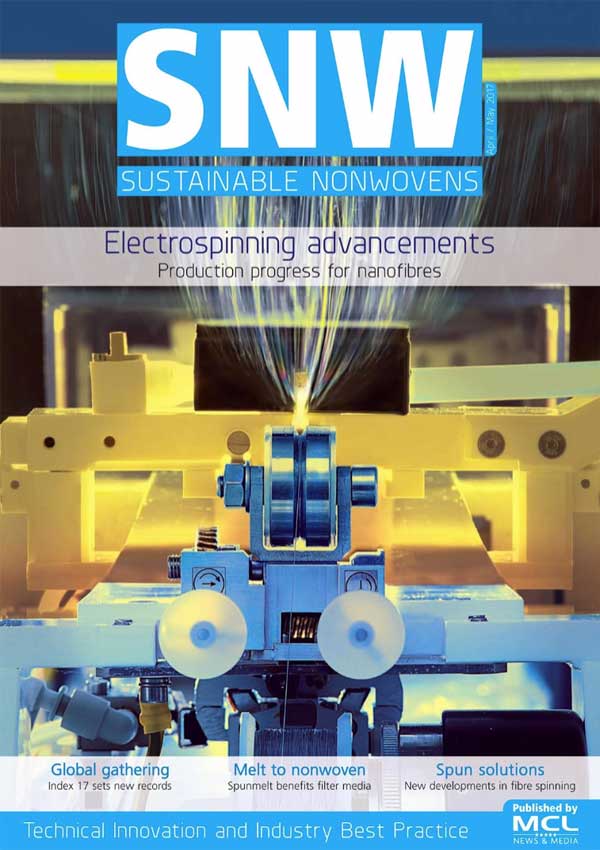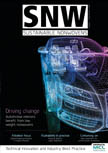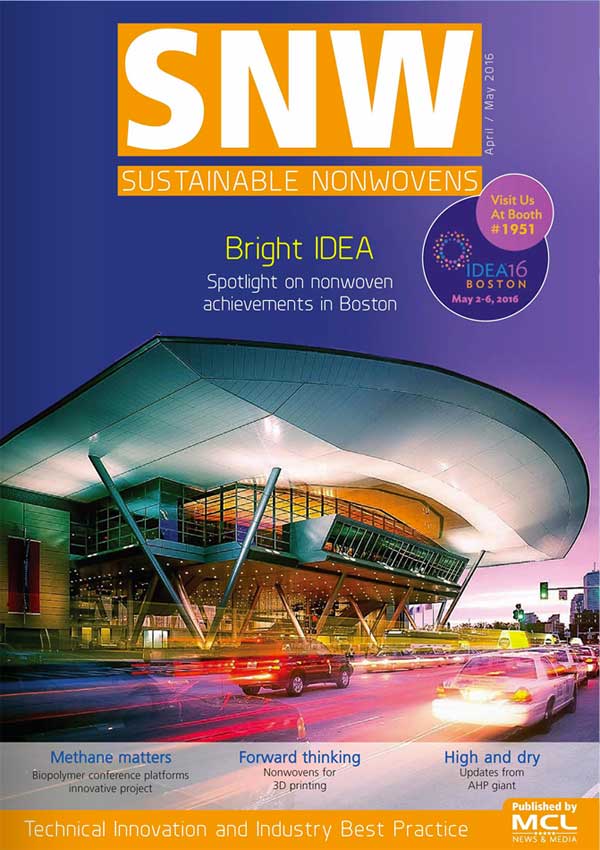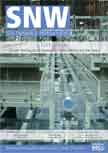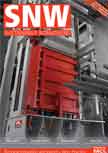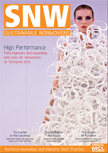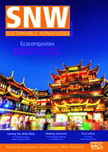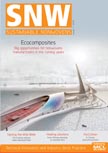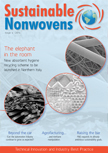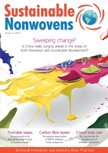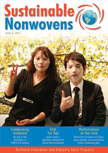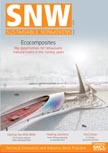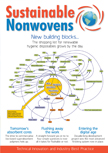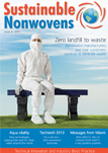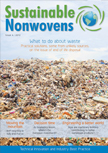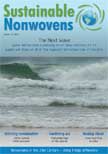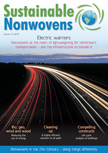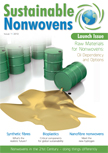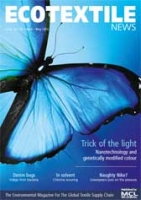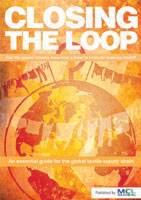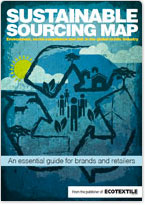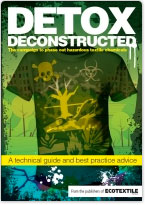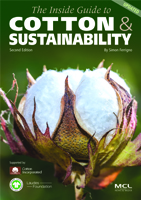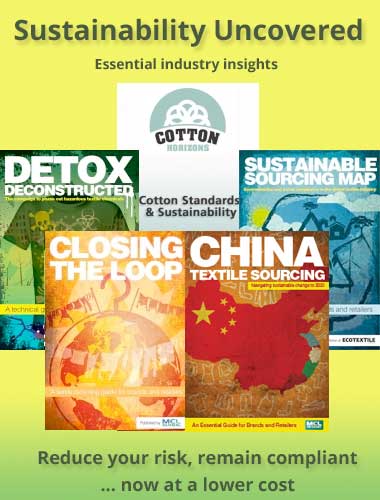 EcoPlanet Bamboo has recently concluded the reforestation of 10,000 acres of land in its drive towards the industrialisation of bamboo as an alternative fibre for nonwovens and textiles in a manner that addresses issues of social and environmental concern.
EcoPlanet Bamboo has recently concluded the reforestation of 10,000 acres of land in its drive towards the industrialisation of bamboo as an alternative fibre for nonwovens and textiles in a manner that addresses issues of social and environmental concern.
The increasing demand for both timber and fibre continues to put pressure on forests globally, the company says, and although sustainability issues are a hot topic, market economics ultimately win and the forest loses.
The EcoPlanet Bamboo reforestation, however, has so far taken place over highly degraded land in some of the poorest and least developed regions of Central America and Southern Africa, in order to demonstrate what can be done.
This has proved that bamboo can be successfully produced at a commercial scale across different species and climates from both seed and tissue culture plantlets and also that climate change benefits –accredited by the Verified Carbon Standard – as well as biodiversity and social co-benefits (accredited by the Climate, Community, Biodiversity Alliance) can achieved.
It has also shown that bamboo can be produced in a truly sustainable manner through the early acquisition of Forest Stewardship Council (FSC) Forest Management certification for the comoany’s Rio Siquia and Rio Kama plantations.
In addition to these certifications, EcoPlanet Bamboo’s plantations have received independent accreditation from a range of institutions, from the World Bank to the World Wildlife Fund (WWF). Such accreditation demonstrates that a for-profit company can earn strong financial returns in a sustainable and transparent way, while positively impacting the lives of the poor, improving the environment, and protecting the planet. EcoPlanet Bamboo is hopeful that this success will set a new global benchmark for the industrialisation of bamboo.
The company has now has set its sights on a second phase of growth – achieving the reforestation of 1 million acres of highly degraded land into fully functioning commercial bamboo forests, with a focus on Southeast Asia, Brazil and Africa.
Split into manageable operations of 25,000-100,000 acres, these are to be dedicated plantations with each one co-developed alongside timber-dependent manufacturing companies within strategic locations globally, allowing them to create a long-term competitive price advantage, secure supply and a meeting of each entity’s sustainability goals.
“While our achievements to date are still a long way from our million acre goal, they have proved that we are committed to industrialising bamboo in a way that benefits the local community and is environmentally positive,” says CEO Troy Wiseman. “We also offer the feedstock security that multinational corporations require to ultimately move away from unsustainable logging practices and make the switch to an alternative fibre.”
As previously reported, Florida company Green Innovation, is currently planning to launch environmental standard medical wipes made from bamboo fibres in the USA.
The wipes are being manufactured by Shanghai-headquartered American Hygienic Corporation, which claims to be the largest manufacturer of bamboo nonwoven-based wipes worldwide and is an established supplier of private label products to multi-national brands and retail customers including Carrefour, Tesco and Walmart.
